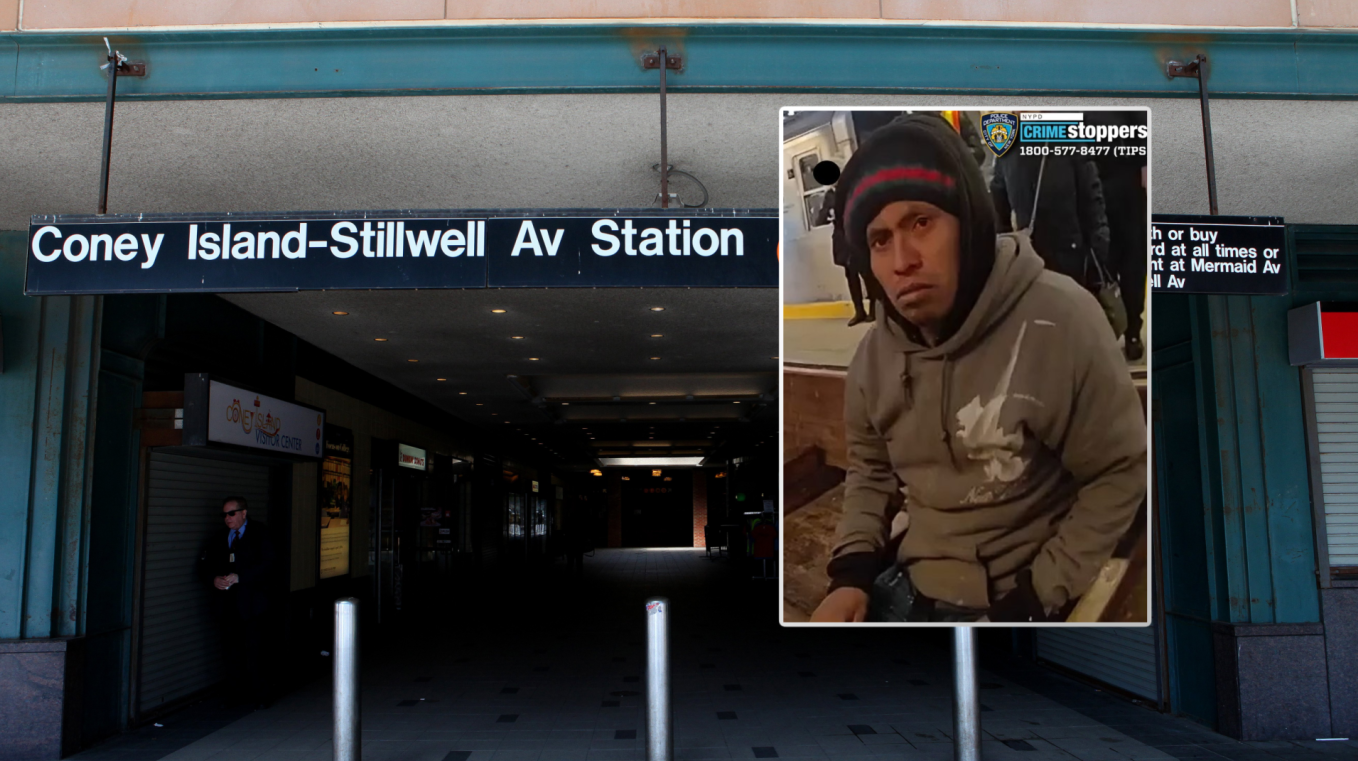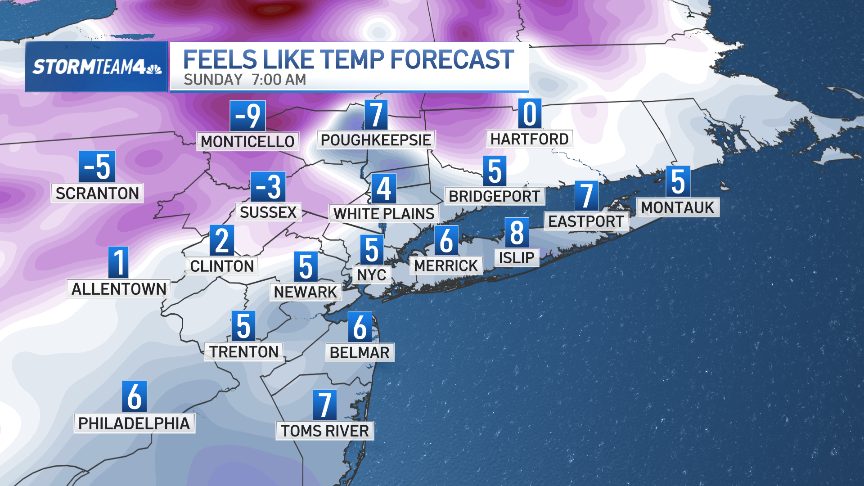Pride runs deep in New York City as the home of the modern gay rights movement and as a previous host city of the Gay Games, the world's largest LGBTQ+ sports event, leaving a legacy of gay athletics for decades.
The Gay Games is a 10-day competitive LGBTQ+ sports and cultural event held every four years in a unique host city, similar to the Olympics. The three pillars behind the mission of the event are participation, inclusion and personal best.
Anyone is welcome to register for the various competitions, regardless of self-identity with no official athletic qualifications necessary, but players can compete to win medals in each category.
Sporting groups include track and field, aquatics, bowling, open water, cycling, dance and court sports. The games, typically held at different supporting venues within the host city, feature a festival village along with opening and closing ceremonies.
Get Tri-state area news delivered to your inbox.> Sign up for NBC New York's News Headlines newsletter.
The first Gay Games was Aug. 1982 in San Francisco and was started by Dr. Tom Waddell, a decathlete who identified as gay and competed at the 1968 Summer Olympics.
This year marks 30 years since the Gay Games was hosted in New York City, which at the time was celebrating the 25th anniversary of the Stonewall uprising, the standoff between the gay rights activists and police on June 28, 1969.
Charlie Carson is a previous board member of the Federation of Gay Games and co-founder of Team New York Aquatics (TNYA), an inclusive masters NYC swimming team launched in 1990 after the first Gay Games.
News
"I had seen all these swimming teams that had already been formed out in California to create relays for the first Gay Games in San Francisco back in 1982," Carson told NBC New York during a TNYA practice held at the pool within John Jay College of Criminal Justice.
Carson was one of the leaders in building TNYA, providing a safe space for gay athletes to train while in preparation for the 1994 Gay Games held in the boroughs.
"At the 1994 games, we had about 1,200 swimmers alone just at the swimming competition — compared to about 120 at the first Gay Games," said Carson.
TNYA started with about 20 members and has grown more than 15 times in size with just under 350 active members, according to co-chair and president Kristina Saxena.
New York City is home to nearly 40 LGBTQ+ sports leagues, based on the United States Gay Sports Network, with options like boxing, volleyball, tennis, CrossFit, cheerleading and dodgeball.
Witnessing change and development within the LGBTQ+ community on a grassroots level is one of the most important aspects of choosing where to have the Gay Games, says the Federation of Gay Games Co-chair of Sports, Kimberly Hadley.
According to 2023 data from the International Lesbian, Gay, Bisexual, Trans, and Intersex Association, there are 64 United Nations member states where it is a crime where it is a crime to engage in sex acts with members of the same sex.
The games have been held internationally in major cities like Amsterdam, Sydney, Cologne and Paris; last year's games were split between Hong Kong and Guadalajara. Those two cities are considered the most exciting and meaningful events so far for Hadley.
"When you talk about where we can go, again, we're not political, but giving people opportunities to participate in an event and lighting a fire inside of them, so that they can go home and do whatever they need to do to continue the movement," Hadley told News 4.
The bidding process to choose the next host city for the Gay Games XIII in 2030 has begun with five continents and 10 cities in the running, including Denver, Vancouver, Taipei and Cape Town.
Representatives from these locations will present in late October at the annual general assembly of the Federation of Gay Games in Washington D.C..



